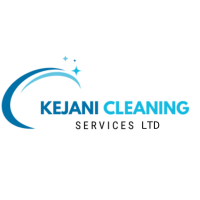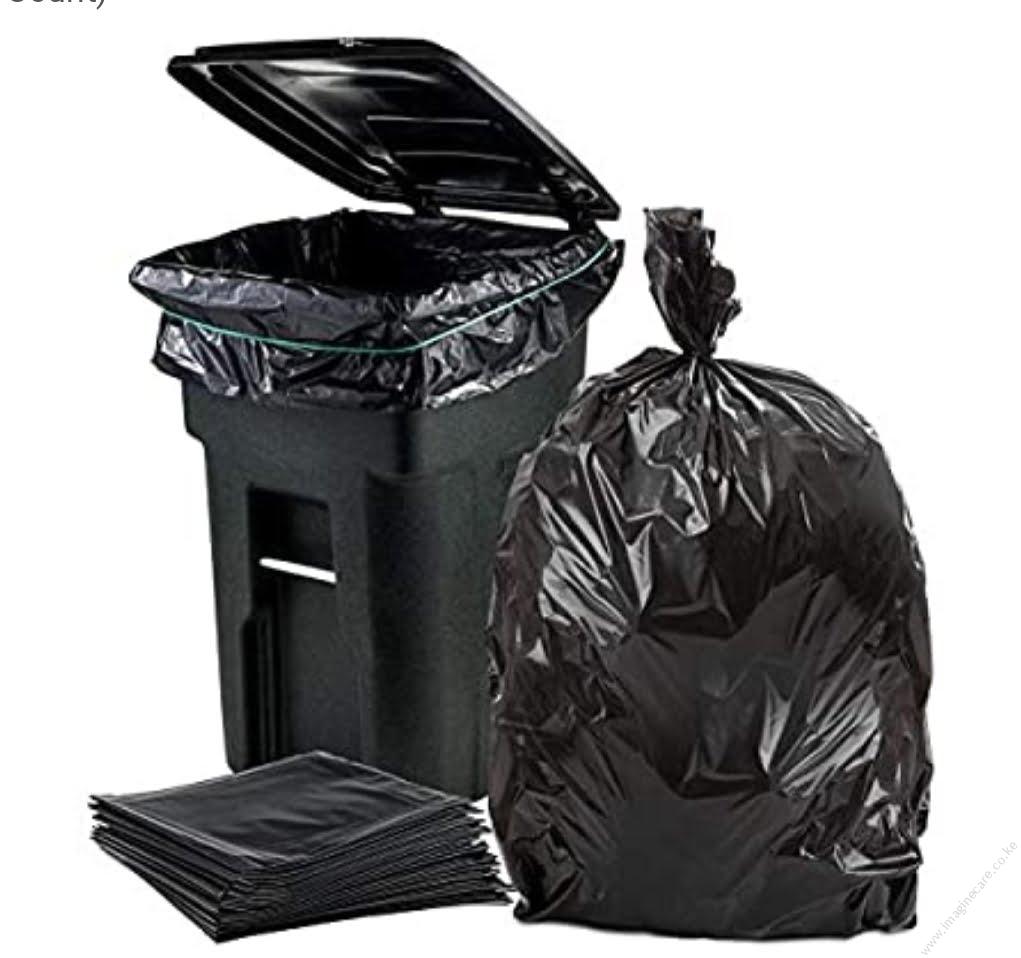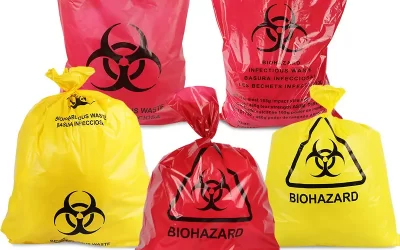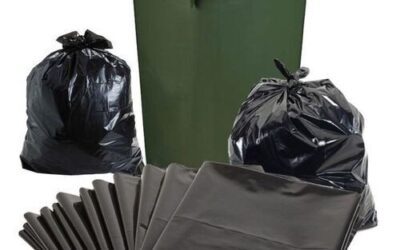Introduction
Bin liners, those ubiquitous household companions, come in various thicknesses, often referred to as “gauge.” Understanding the bin liner gauge is essential for choosing the right garbage bag to effectively contain your waste without unexpected mishaps. In this comprehensive guide, we’ll break down the intricacies of waste bags gauge, its measurement, and the typical applications for each thickness.
1. What Is Bin Liner Gauge?
The bin liner gauge is a measure of the bag’s thickness, commonly used to describe standard low-density plastic bags. This measurement is often associated with microns, where 1 micron is equivalent to 4 gauge. The gauge of a bin liner determines its strength and durability, making it a crucial consideration when selecting the appropriate bag for your needs.
2. Typical Gauge Sizes and Their Micron Equivalents
Here are the typical gauge sizes and their corresponding microns:
- 100 gauge = 25 microns: These are considered “Light Duty” bin liners, often seen as economy black bin liners, and are commonly available in discount stores.
- 120 gauge = 30 microns: A “Medium-Duty” bin liner, this is the standard choice for most everyday waste disposal needs.
- 140 gauge = 40 microns: Another category of “Medium-Duty” bin liner, these are the most popular thickness for refuse sacks.
- 160 gauge = 40 microns: “Extra Medium Duty” bin liners are suitable for general purposes. They are strong-quality black bin liners designed for domestic use.
- 200 gauge = 50 microns: Considered “Heavy Duty,” these bags are suitable for commercial waste disposal and can handle more substantial loads.
- 300 gauge = 75 microns: These are “Extra Heavy Duty” bin liners, ideal for disposing of building, garden, and medical waste. They provide superior strength and durability.
- 500 gauge = 125 microns: These bin liners, typically used as rubble sacks for building waste, are among the thickest and most robust options available.
3. The Importance of Bag Thickness
The thickness of a bin liner directly affects its durability and ability to withstand different types of waste. Thin bags are more prone to tearing or puncturing under the weight of their contents, whereas thicker bags are more resilient and less likely to tear unless they encounter sharp objects.
5. Practical Applications
Selecting the right bin liner gauge depends on the intended use:
- Light-duty bin liners (100-120 gauge) are suitable for non-sharp, lightweight waste like paper or food packaging.
- Medium-duty liners (140-160 gauge) are ideal for kitchen waste, including food scraps and packaging.
- Heavy-duty liners (200-300 gauge) should be chosen for heavy or sharp waste, such as construction debris and garden waste.
- Extra-heavy-duty liners (500 gauge) are necessary for extreme waste disposal, like rubble from building projects.
Conclusion
Understanding bin liner gauge is a crucial aspect of waste management. By choosing the appropriate gauge based on your specific needs, you can ensure that your bin liner can effectively contain your waste, preventing unwanted leaks or tears. Be sure to consider the density of the material as well, especially when dealing with sharp objects. With this knowledge, you’ll be better equipped to select the perfect bin liner for your particular requirements.




0 Comments